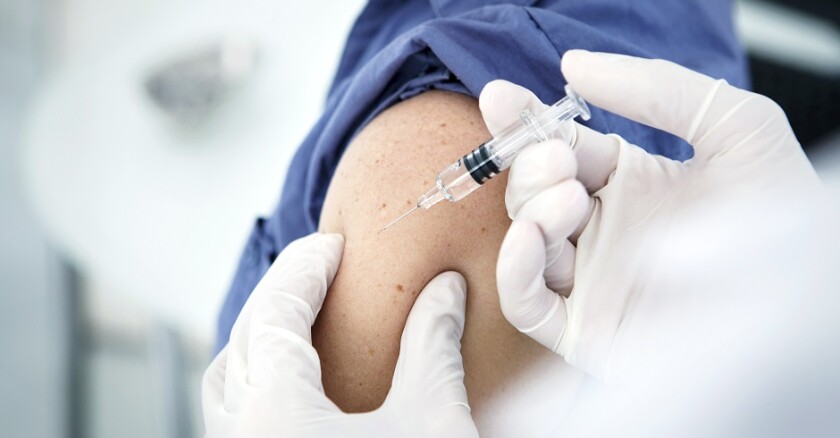The Blood Connection announced an urgent need for all blood types this week, saying the flu outbreak has cut blood inventories by at least 10 percent. The organization lost two days worth of blood from cancelled blood drives.
The American Red Cross Carolinas said bad weather forced the cancellation of 121 blood drives in January, resulting in the loss of about four days of blood collections. The organization is also seeing a lower donor turnout this month because of the flu.
What’s more, both groups send blood to aid victims of disasters and emergencies around the country. The regional chapter of the Red Cross has already sent blood to Florida in response to Wednesday’s school shooting that left 17 dead, and The Blood Connection is reviewing a request for blood to treat Florida shooting victims.
Still, neither group is experiencing a shortage or an emergency. If blood supplies were depleted to critical levels, the Red Cross and Blood Connection would turn to national blood supply networks of which they are members to make up for local shortages.
“We’re activating a continuity of operations plan, which allows us to avoid a shortage,” said Tracy Bridges, vice president of business development and chief technical officer of The Blood Connection. “This is really inventory management.”
The Blood Connection is the primary supplier of blood to UNC Rex Healthcare, WakeMed Health & Hospitals and Johnston UNC Health Care, and a supplemental supplier to Duke University Health System, which includes Duke Raleigh Hospital. The Red Cross supplies blood to UNC Hospitals in Chapel Hill and Duke University Health System.
Unlike canned food, furniture or other donations, human blood is perishable and in constant demand. It is also susceptible to seasonal fluctuations that can make it harder to access donors for months at a time. Blood is typically more difficult to source in the summer, when schools and colleges are out of session and deprive donation centers of a reliable pool of donors. Winter is also a time of lower donations during an aggressive flu season, because federal regulations don’t allow infected people to donate blood.
Barry Porter, Eastern North Carolina regional CEO of The American Red Cross, said his organization is not experiencing a major problem right now but is below optimal inventory levels to keep local hospitals supplied. Porter said that it takes two to three days to test donated blood before it can be shipped to a hospital.
Both organizations rely on regular donors like Donald Richardson, 48, a N.C. Department of Transportation engineer who has been donating blood since he was in college. Richardson, who lives in Wendell, said donating blood is a family tradition that promotes the public good.
“I try to be a good citizen,” he said. “There is no other advantage other than the doughnuts.”
Richardson was donating red blood cells on Thursday at the Red Cross donation center in Raleigh, which distributes doughnuts to donors. He gives blood every 16 weeks and said it is immaterial to him whether his blood goes to a local hospital or out of state.
The Red Cross tracks blood donations by barcode and notifies donors electronically to alert them which hospital received their blood donation.
“Every donor who makes a blood donation would like their blood to be used,” Porter said.
The Red Cross and Blood Connection also use apps, texts and emails to remind donors that they are eligible for their next donation.
“We want people to be renewable resources,” said Greg Sain, a supervisor at the Red Cross donation center in Raleigh.
John Murawski: 919-829-8932, @johnmurawski
———
©2018 The News & Observer (Raleigh, N.C.)
Visit The News & Observer (Raleigh, N.C.) at www.newsobserver.com
Distributed by Tribune Content Agency, LLC.








